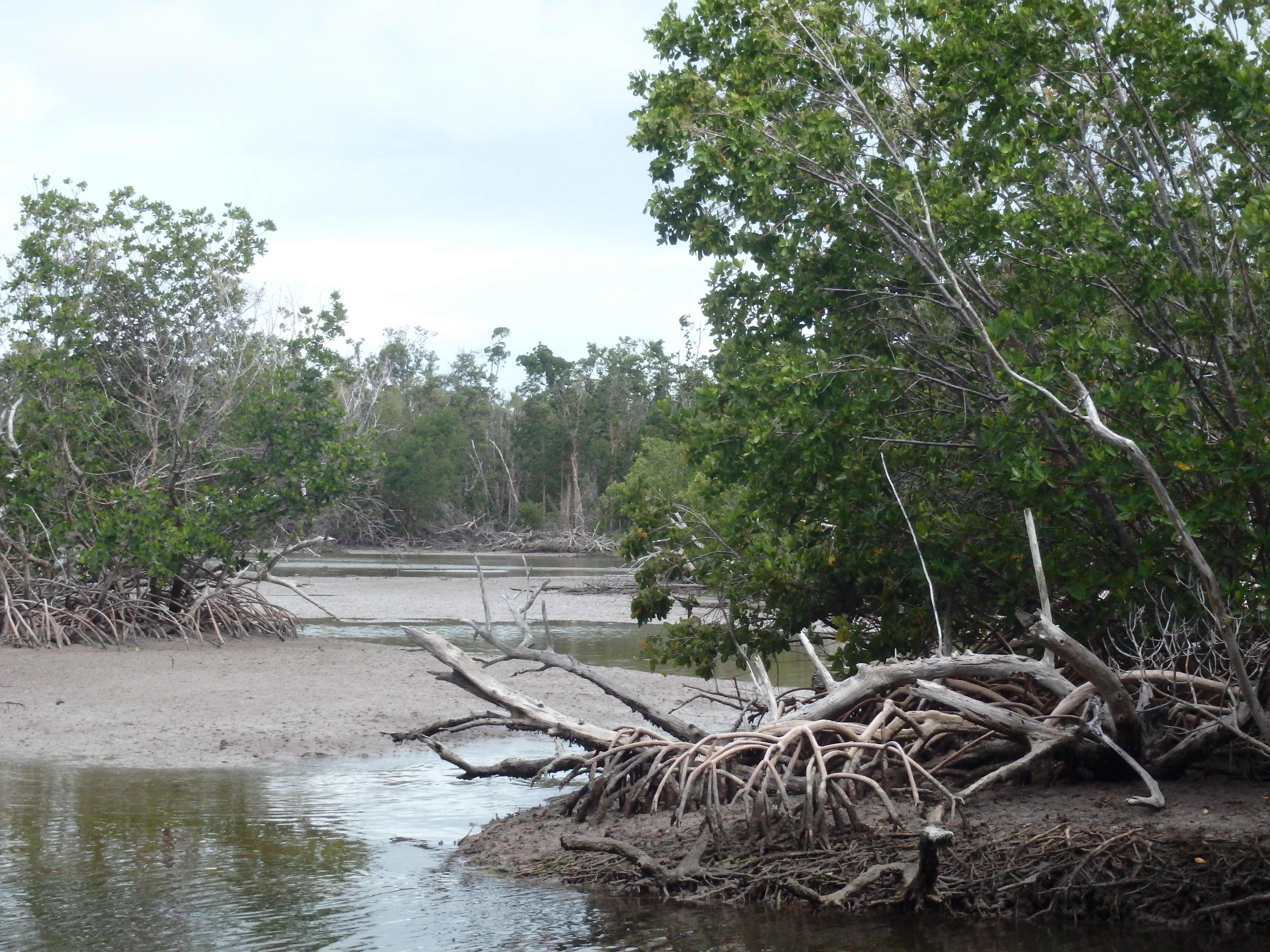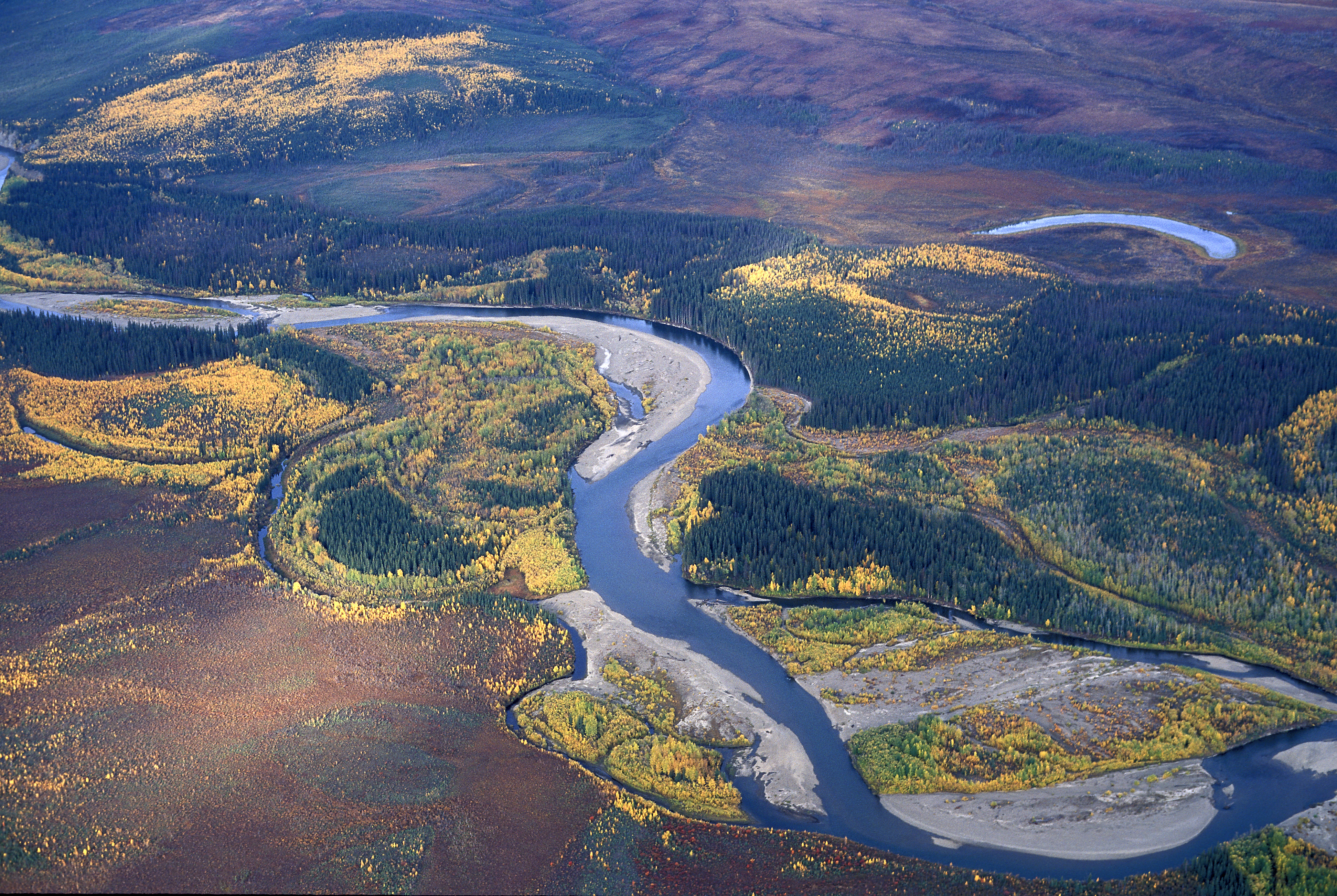
Mangroves to mudflats and not back again
103rd Annual Meeting of the Ecological Society of America: Extreme events, ecosystem resilience and human well-being 5–10 August 2018 July 13, 2018 For Immediate Release Contact: Zoe Gentes, 202-833-8773 ext. 211, gro.asenull@setnegz Over one-third of Earth’s population lives with 100 km of a coastline and depend on the services that coastal ecosystems provide. With the intensity and impact of hurricanes…





